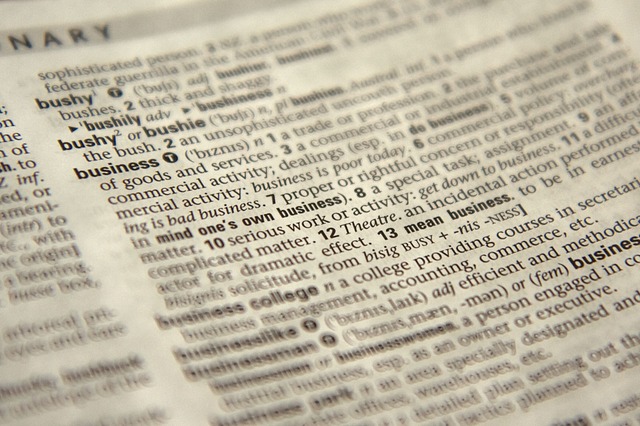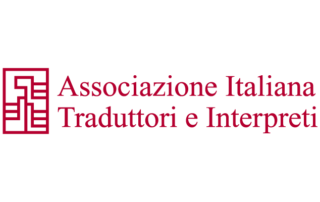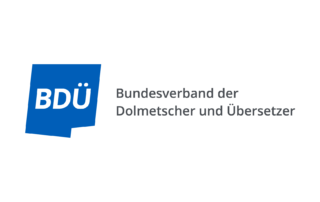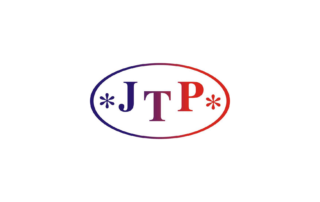A lot of newbies entering the world of translation believe the translators working with every customer who contacts them. If you, too, think that you can translate any text, you’ll soon realize this is not the case. We live in a world in which specialization is the most important factor and that is why you should choose one field of translation as soon as possible and try to become a master in it. To be able to achieve that, you need to make good use of glossaries.

Glossary, also known as a lexicon or a termbase, refer to a collection of terms and their meanings relating to a specific subject. Deja Vu X3 comes with a number of interesting features that make it easy to keep your glossary up-to-date and well-organized. Make sure you learn all about the Lexicon and Terminology Database!
The market dictates the rules
A number of translators focus primarily on those areas that generate profits. These would be fields like engineering, medicine, translation of contracts or administrative documents. Each of these areas uses specialized vocabulary, and searching for some phrases can mean more than looking them up in the dictionary or the Internet. Sometimes it can take several hours, and in some cases, you may need to ask for help. It may happen that the customer themselves ask us to translate the text in a specific way.
Each sentence can be translated in dozens of possible ways. Although all of the versions you come up with might be correct, only a few will be accepted by the customer. Glossaries make it easier to translate some phrases and stay consistent throughout the document. They provide the translator with suggestions on how to translate a given term or expression. This makes work much easier, smoother and much faster.
Sometimes these hints are incompatible with what the dictionaries say, because the client prefers to use a different phrase. This is a particularly common situation with translations of commercial offers or advertising campaigns. The “customer comes first” principle also seems to apply here. Your client might think that a given term will fit the target group better or sell their product better.
Glossaries mean accuracy
This rules applies especially if you provide technical translation and you want to make sure you use company- or industry-specific terms. In some cases, it might be advisable to consult your client about the glossary, to know you’re both on the same page. That way you’ll avoid confusion and be sure your translations are 100% correct. Having a glossary is also a good idea when collaborating with a team of translators on a project. Having a lexicon of terms is a guarantee that everyone understand the specific notions in the same way and use consistent terminology. Just imagine the horror of having a given word translated differently each time it appears in the document! Another benefit of working with a glossary is speeding up the whole process. Thanks to a clear up-to-date lexicon, you no longer need to think about correct terms and definitions. High chances are it will significantly reduce the time needed to complete the project.










